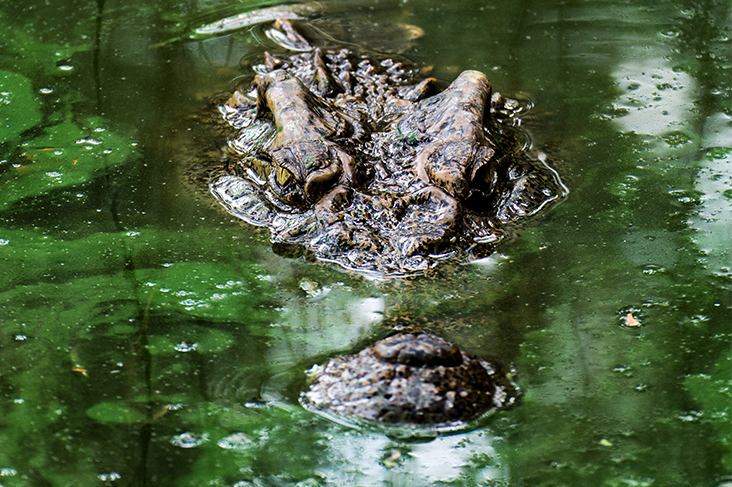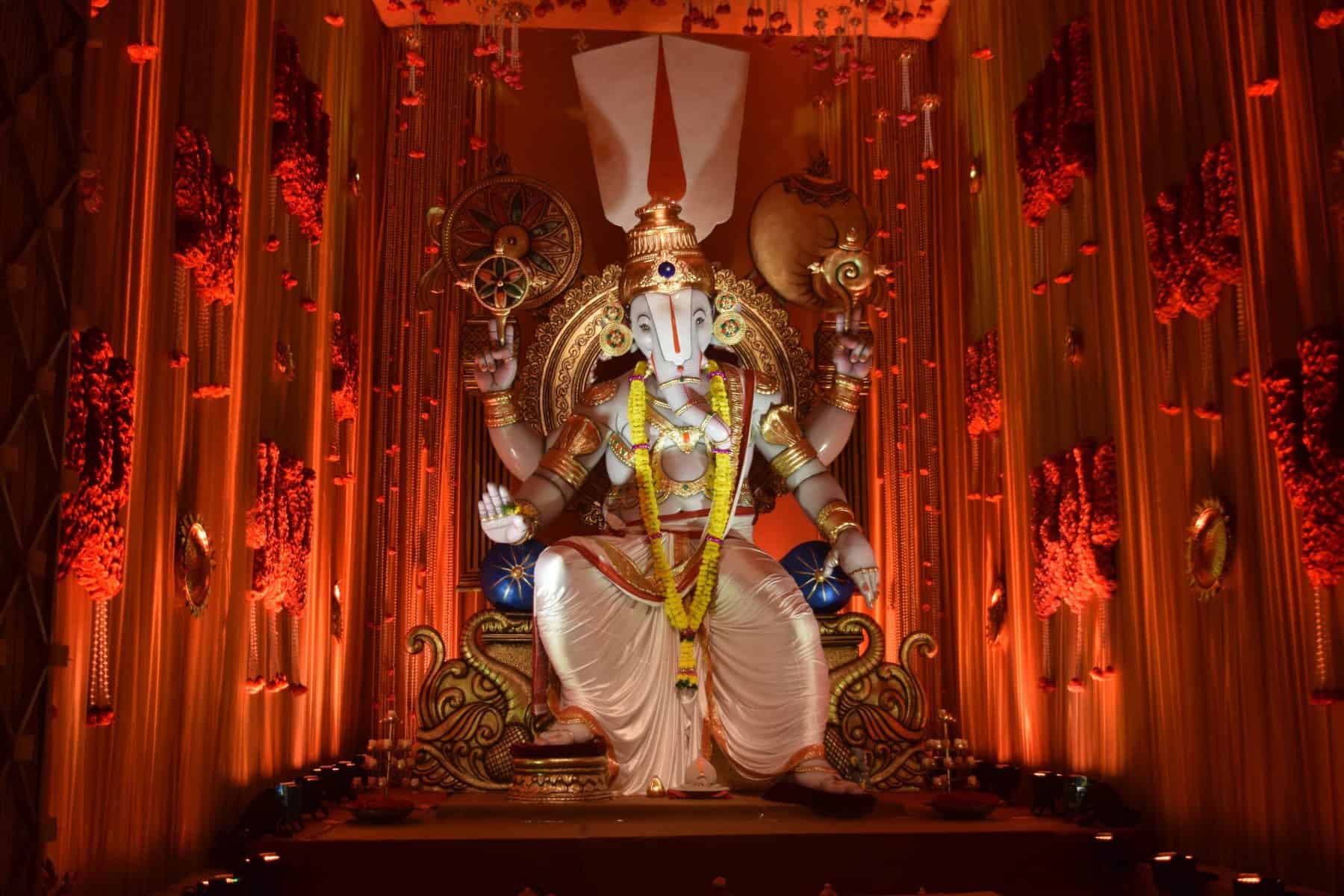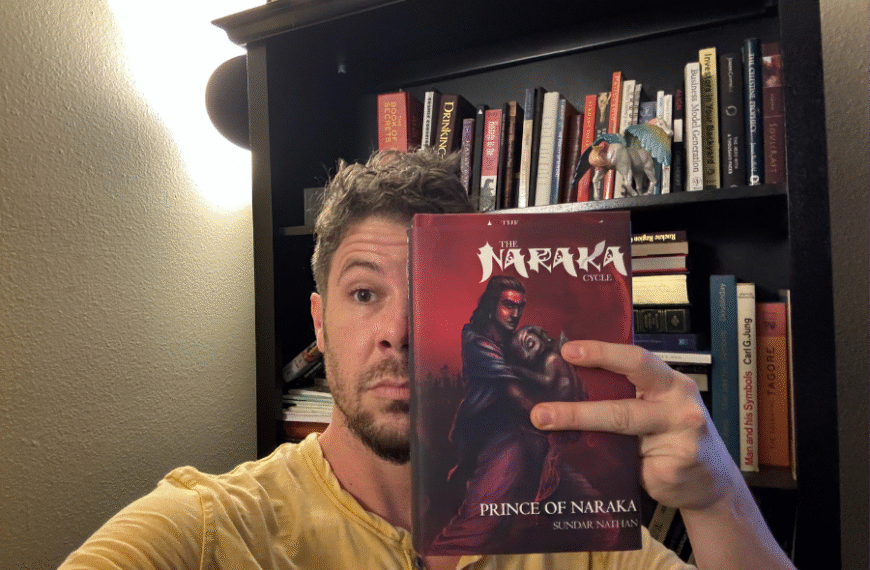20 Meanings and Interpretations of Dreams About Crocodiles
Over the years of writing about dream symbols, few animals stir the subconscious as deeply as the crocodile. I still…
12 of the Best Indian Mythology Books
The ultimate list of the best Indian Mythology books which contains fascinating stories from countless authors about Gods & Goddesses…
Reimagining Ravana: A Positive Review of The Prince of Naraka by Sundar Nathan
Bottom Line Up Front: Sundar Nathan’s The Prince of Naraka represents a bold and largely successful attempt to reimagine one…
The First Original Dream: A Reflection on My Daughter’s Awakening Inner World
This morning, as autumn light filtered through our kitchen window, my nine-year-old daughter padded over to me with that particular…
Understanding the Icarus Complex: Ambition, Hubris, and Leadership Pitfalls
Photo by Jimmy K on Pexels In the realm of psychology, the Icarus complex captures a fascinating yet perilous blend…
Dreams About Waves: Meaning And Interpretation
Interpreting dreams is like riding on waves of emotion and trying to gauge the depth underneath the surface tension. Just…
dream soil
Learn the methods and dream-inducing techniques that sleep experts keep secret!
Lucid Dreaming
A field guide with straightforward tactics and techniques to become lucid during your dreams.





